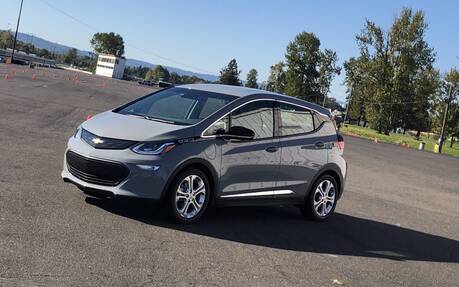Study: EVs are Safe for Pacemakers, but Charging Might Pose a Risk
People using a pacemaker or another type of cardiovascular implant need to be cautious around devices that generate a strong magnetic field, such as metal detectors and cell phones.
What about electric cars? Researchers at the Technical University of Munich came to the conclusion that they are actually safe.
- Also: Honda Calls on GM to Develop Two New EVs
- Also: GM, Ford to Make Fewer EVs in 2026 Than Tesla in 2019
Their study, which was published earlier this year, involved 108 different devices from seven manufacturers and measured electromagnetic effects that vehicle occupants would experience. The models included a Nissan LEAF, a Tesla Model S, a BMW i3 and a Volkswagen e-Up.
The researchers looked at the electrocardiograms of participants and had them independently analyzed by two cardiologists.
Ultimately, they found no clinically relevant impact on the operation or programming of the devices when participants were driving or sitting inside the vehicles—even under maximum acceleration when electromagnetic effects are the strongest.
There’s just one problem: charging. According to TUM researchers, people wearing a pacemaker should exercise caution around level-2 (240V) and level-3 (400V) charging stations, which utilize strong electric current. That includes the charging cable itself and even the car’s charging port.
So, to sum up, EVs are safe for those with cardiovascular electronic devices and no restrictions on travelling in them are required. However, they should let another person plug and unplug the vehicle and stay away during the entire charging process.
